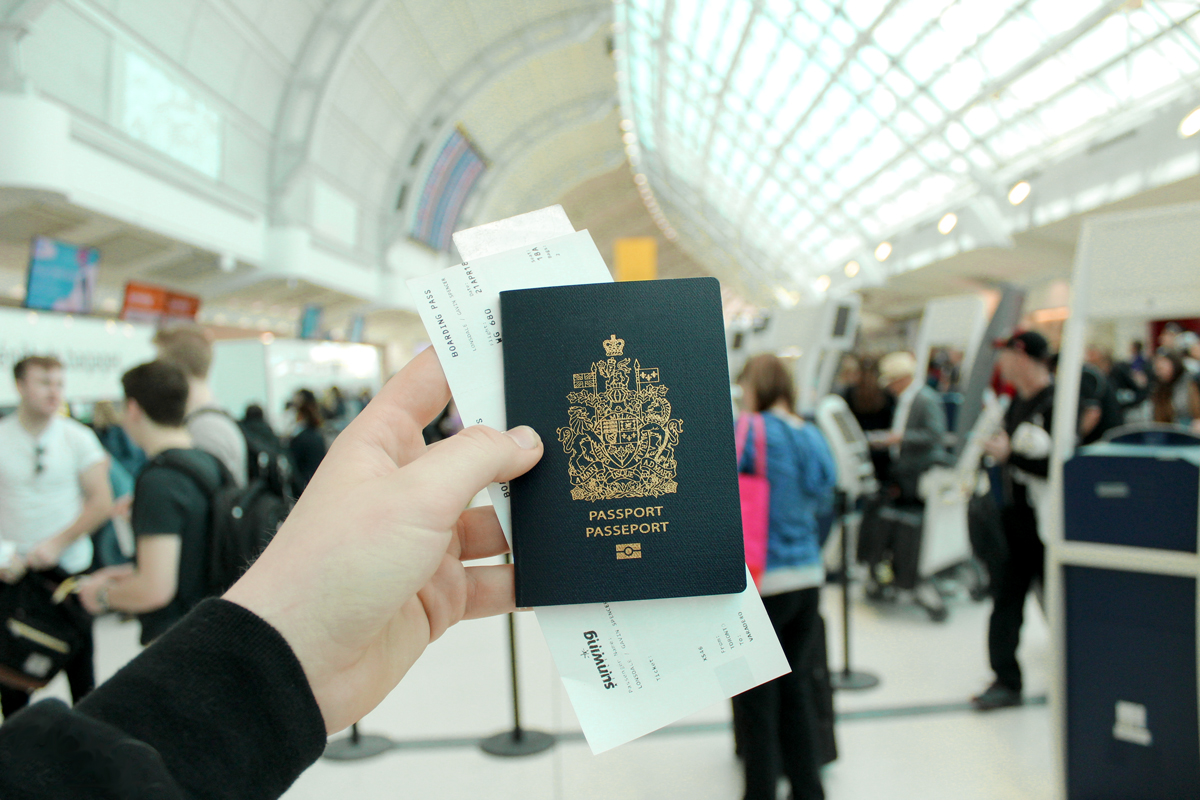Visa Guide for Internships in Japan

by Madelaine
An internship in Japan can be a great opportunity, but which is the right visa? Answers to your questions about visa types, payment, duration, and other conditions.
There is no “internship visa” in Japan. Depending on what type of internship you want to do you need to make sure that you get the right visa.
When looking for the right visa type for your internship there are three things to consider: the duration of your internship and whether you are getting paid or not and the relevance to your subject.
コンテンツ
Internship conditions
Visa-based internships in Japan are an educational tool allowing university students to gain practical experience. As such the main purpose is to teach interns.
With this in mind, the Ministry of Justice set regulations regarding internships for foreign applicants. To find out what kind of visa you need, answer the following three questions.
Is the internship paid?
Paid internships qualify as work. Therefore, anyone who wants to do a paid internship needs to get it approved by the immigration bureau. More on that in the next section.
On the other hand, doing an unpaid internship doesn’t mean that you won’t receive any financial compensation. Companies may pay for your flight ticket, refund commuter costs, provide housing or offer other types of subsidies to your living expenses that do not count as salary.
How long is the internship?
The duration of your internship is also important. For internships of more than 90 days, it is necessary to apply for a visa. As long as your internship is under 90 days and unpaid(!) reporting it to immigration is not necessary and no special permission is required.
Is the internship relevant to your studies?
Anyone who wants a visa for a paid or long-term internship needs to get cleared by the immigration bureau. They will check for two things:
- Whether the company is well-enough prepared to take on and guide interns.
- Whether the internship is relevant to your studies and will earn you credit points at your university at home.
For internships that are long-term, full-time, and paid, you need to be a student enrolled at a university outside of Japan – there’s no way around it. If you’ve already graduated or are approaching graduation, you either have to enroll again (for example, in a master’s course) or look for other opportunities, like regular work on a working holiday visa.
1. Student Visa
The most opportunities to do internships in Japan is if you already have a student visa. But even as exchange students there are additional documents you might need.
Simple Student Visa
With a student visa (留学, りゅうがく) one can participate in unpaid and short-term internships. These types of internships often last 1-2 days and are commonly done by students already looking for a job. So, if what you want is to check out a few companies, no strings attached, this is the way to go.
A student visa only allows holders to engage in activities related to their studies. Therefore, it does not allow exchange students to do paid internships but a nifty document can fix this for you.
Permission to engage in other activities
The little wordy “permission to engage in activities other than that permitted under the status of residence previously granted” (資格外活動許可, しかくがい・かつどう・きょか) allows students to work for up to 28 hours a week during their stay in Japan. During school holidays it is possible to work up to 8 hours a day.
While it is commonly used to do part-time jobs, it also allows students to do paid internships. Either a couple of hours a week during the school year or full-time during the holidays.
It is often possible to apply for this permission together with your visa. Having been granted this status does not mean you have to make use of your right to work. Otherwise, you can also apply for it at a later point of time, just be aware that can take two or more weeks to be processed.
Permission to work more than 28 hours a week
If you want to do a full-time internship during the semester and you are at the end of your studies you can also apply for a “permission to work more than 28 hours a week” (1週について28時間を超える資格外活動許可). The requirement here is that you are almost done with your coursework, so the internship won’t interfere with your studies.
2. Designated Activities Visa
The Designated Activities visa (特定活動 (告示9号), とくてい・かつどう) is the most powerful for internship-seekers, as it enables applicants to do paid and long-term internships in Japan. The period of stay under this visa is set to a duration from 3 months to a maximum of 1 year, depending on the internship plan of the applicant.
For credit internships
Applicants need to be students at foreign universities (distance learning programs do not count). Furthermore, the internship cannot be longer than 1 year or half the time of the regular duration of your study program back home.
Internships in this visa category are based on an agreement between a university abroad and a company in Japan, to guarantee that the intern can get the internship accredited.
Not for credit internships
For an internship that is not required by your university program it is still possible to receive a Designated Activities visa. Instead of an internship your activity in this case will be classified as “summer job”. This allows you to skip the credit requirement. All other limitations from above still apply and the duration is set to a maximum of three months
3. Cultural Activities Visa
The Cultural Activities visa (文化活動, ぶんかかつどう) covers internships as “academic activities without pay”. Thus, it is the best option for unpaid and long-term internships of more than 90 days.
Other than the designated activities visa this one is decidedly a non-work visa, wherefore earning any money during your stay from a Japanese source is not allowed. For prospective interns, this visa is available for a duration of 3, 6, or 12 months.
This visa allows applicants to choose their companies freely. Even though unpaid long-term internships sound like a financial burden, companies might provide compensation in the form of housing, flight fare, commute, and more, so inquire about benefits to see if there are ways to help you finance the stay.
4. Temporary Visitor Visa
Arguably the easiest way to get to Japan for an internship is as a tourist under the Temporary Visitor visa. As such your internship has to be unpaid and take less than 90 days.
This visa is convenient if you want to do an internship over the holidays. It also allows foreigners to do internships of their choosing, even if it is not required by the university and one cannot earn credit points. Nationals of a few countries even have the possibility to extend their stay to 6 months.
Find an Internship
These are quite a few visa options, aren’t they?
Before applying for a visa, the first step is always to find an internship. Once you have found a company, their HR staff or program coordinators can usually tell you the right visa type and help you through the application process.
※The information in this article are up to date at the time of writing. Regardless, this overview cannot account for all possible cases, so always check with your company or the Immigration Bureau for your particular case.




